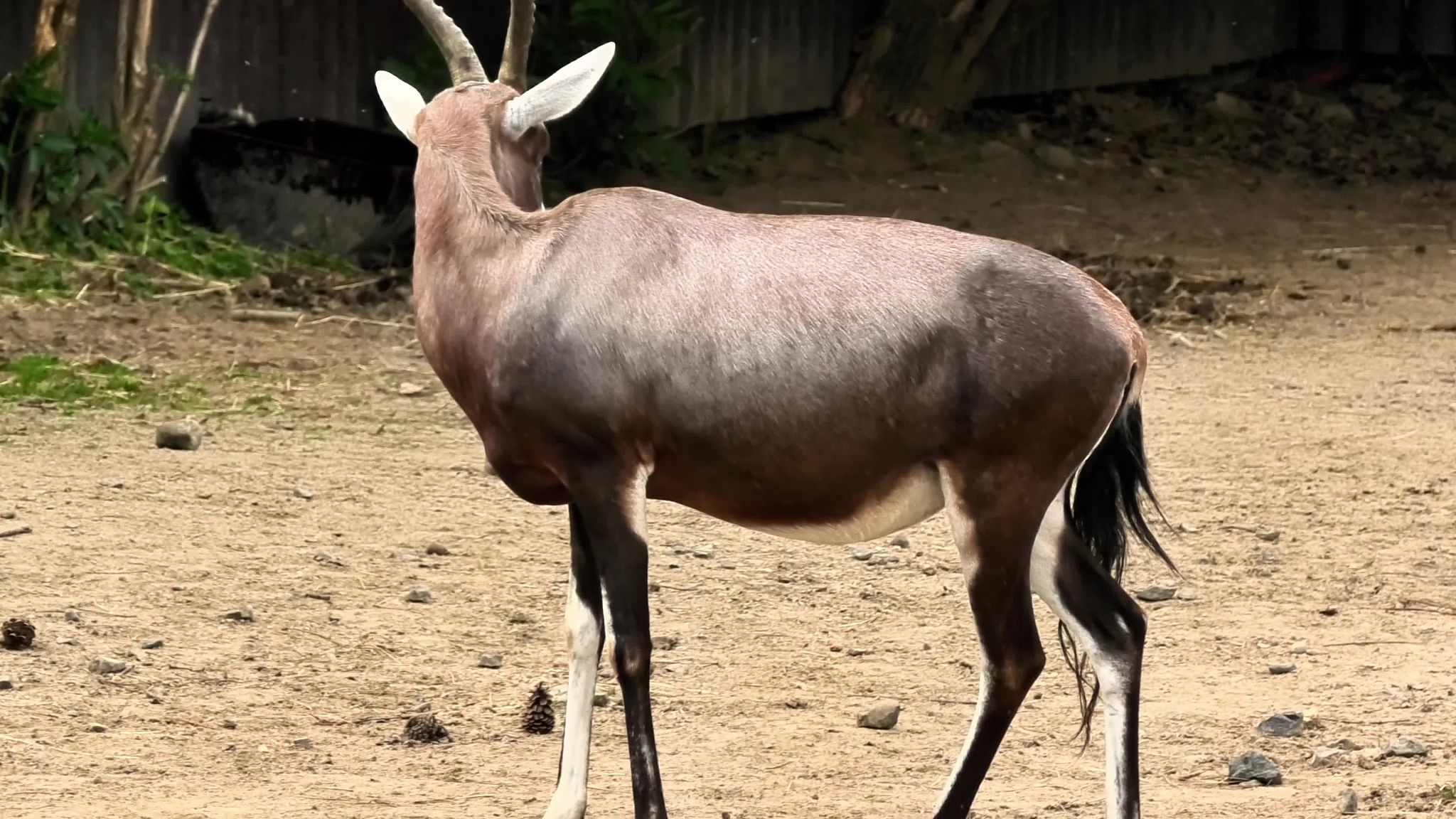Why Virtual Safaris are Perfect for Schools: Engaging Students in Wildlife Education
Bringing the Wild to the Classroom
In today's digital age, education is no longer confined to the four walls of a classroom. With the advent of virtual safaris, students can now embark on thrilling wildlife adventures without leaving their desks. Virtual safaris offer an innovative and immersive way to engage students in wildlife education, blending technology with learning in a way that captivates young minds.
Virtual safaris allow students to experience the wonders of nature and wildlife from anywhere in the world. They provide a unique opportunity to observe animals in their natural habitats, bringing the excitement of a real safari into the classroom. This immersive experience not only enhances learning but also fosters a deep appreciation for wildlife and conservation.

Accessibility and Inclusivity
One of the greatest advantages of virtual safaris is their accessibility. Schools often face logistical and financial challenges when organizing field trips to zoos or wildlife reserves. Virtual safaris, however, eliminate these barriers, making it possible for all students to participate regardless of their location or budget constraints.
Moreover, virtual safaris promote inclusivity by catering to diverse learning needs. Students with physical disabilities or those who are unable to travel can still enjoy and benefit from these educational experiences. This ensures that every student has the opportunity to explore and learn about wildlife in an engaging and inclusive manner.
Interactive Learning Experience
Virtual safaris are not just about passive observation; they offer an interactive learning experience that encourages active participation. Many virtual safari platforms include live video feeds, expert commentary, and interactive quizzes that challenge students to apply their knowledge in real-time. This interactive approach keeps students engaged and motivated to learn more about the animals and their ecosystems.

Through these interactive elements, students can ask questions, share observations, and even participate in discussions with wildlife experts. This direct engagement with professionals enhances their understanding and allows them to gain insights into the importance of wildlife conservation and the role they can play in protecting endangered species.
Enhancing Curriculum with Cross-Disciplinary Learning
Virtual safaris offer a rich resource for cross-disciplinary learning, enhancing various subjects within the school curriculum. For instance:
- Science: Students can learn about animal behavior, ecosystems, and biodiversity.
- Geography: Explore different habitats and understand geographical influences on wildlife.
- Technology: Discover how technology is used in wildlife tracking and conservation efforts.
This integration of multiple subjects not only enriches students' knowledge but also helps them understand the interconnectedness of different fields, fostering a holistic approach to learning.

Fostering Environmental Awareness
By engaging students in virtual safaris, schools can significantly contribute to raising environmental awareness among young learners. Witnessing the beauty and complexity of wildlife firsthand can inspire students to become advocates for conservation and environmental protection. This early exposure to environmental issues encourages them to adopt sustainable practices and become responsible global citizens.
The impact of these experiences often extends beyond the classroom, as students share their newfound knowledge and enthusiasm with family and friends, creating a ripple effect of awareness and action within their communities.
The Future of Wildlife Education
As technology continues to advance, the potential for virtual safaris in education will only grow. Schools that embrace this innovative approach are not only enhancing their current curriculum but are also preparing students for a future where digital learning and real-world applications go hand in hand. Virtual safaris represent a transformative shift in how we educate future generations about our planet's precious wildlife.
Incorporating virtual safaris into school programs is a step towards a more dynamic, inclusive, and effective approach to wildlife education. By leveraging technology to bring the wonders of nature into the classroom, we are creating a generation of informed, inspired, and environmentally conscious individuals poised to make a positive impact on our world.
